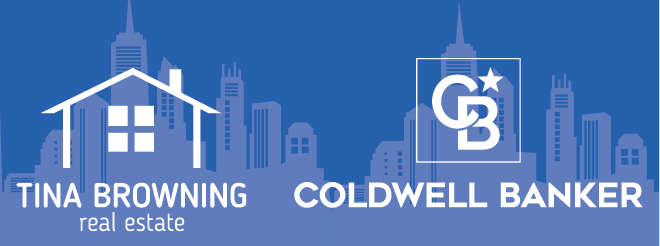Mortgage Approved? Keep it That Way! Avoid these Costly Mistakes
Congratulations! Your offer on your dream home has been accepted and your mortgage application has been approved. Time to kick back, visit Potterybarn.com and start ordering truckloads of new furniture, right?
Not so fast.
Keep in mind that your lender will recheck your credit just prior to your closing and will also verify a few details such as your place of employment to make sure nothing has changed.
Note the key phrase—“nothing has changed.” You must keep the same credit profile that the lender based your mortgage approval on.
So for the time being, cool your heels and DO NOT do any of the following (if you can possibly help it!):
- Apply for new credit: It may seem natural to apply for a credit card at a home improvement store or a furniture store when you are about to become a homeowner, but applying for credit can lower your credit score. Not only will you lose a few points because of a credit inquiry, but if you are approved for new credit, a lender may worry that you will spend up to your new credit limit and then default on your loan.
- Close credit accounts: You may be feeling that this is a good time to get your financial house in order by closing unused credit accounts or transferring your debt to a new credit card with a zero-interest balance transfer offer. While that’s a smart move financially, it’s a bad one for your credit score because you lose points when you have a higher usage of debt compared to your limit on one credit card and to your overall credit availability. Wait until your closing is complete before you make these changes.
- Move your money around without a paper trail: Your lender will need the most recent bank statements before you go to settlement, so if you have any unusual deposits you will need to provide complete documentation of where the money came from. If possible, it’s best to move the cash you will need for your home purchase into one account before you apply for a mortgage. If not, make sure you have complete and accurate records readily available.
- Increase your debts: In addition to your credit score, your debt-to-income ratio is extremely important to a loan approval. If you take on more debt you could be in danger of going above the maximum acceptable debt-to-income ratio.
- Miss a payment or make a late payment: One of the most important elements of your credit score is your history of on-time, in-full payments, so don’t get so caught up in your move that you forget to keep up with paying basic bills.
- Buy a car: You may be feeling that a new car would be a nice addition to the driveway of your new home. Resist that feeling. Even if you can easily afford a new car, the depletion of your savings or the addition of a new car loan could derail your mortgage application. Wait until after you have moved to switch to a new car.
- Change jobs: While a job change could mean a raise or a path to a better future, it could also delay your settlement. Your lender needs to verify employment and will need paystubs to prove your new income before your loan can go to settlement.
- Spend your savings: You’ll need cash on hand at the settlement for your down payment and closing costs and your lender may even verify your cash reserves one more time, so make sure the funds stay in place.
After your closing, when all your mortgage papers are signed off, and you have the keys to your new home in your hand, by all means feel free to buy a new car, drive it to the nearest furniture store and load up! Just kidding. Be financially conservative. There are lots of upfront costs to getting a home up and running. For more on that see my blog post: http://bit.ly/1EtUvv6 . Enjoy your new home, and the feeling of pride of ownership!








